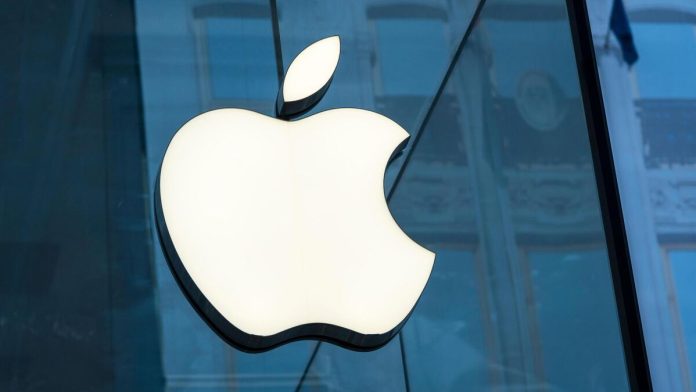In a final judgement against Apple and Ireland, The European Court of Justice (ECJ) upheld the European Commission’s 2016 ruling that Apple pay €13 billion of illegal state aid to the Irish government.
Minister for Finance Jack Chambers said the deposit account, opened in 2018 to raise and hold the money until the legal dispute was finalised, stood at around €14 billion. Chambers added that he expected most of the money, mainly in the form of European government bonds, to eventually reach the exchequer. However, some may go elsewhere to settle potential claims from other countries.
The government has consistently stated that it has not given favourable tax treatment to any companies or taxpayers since Brussels began investigating Apple’s tax affairs in Ireland a decade ago. The European Court of Justice, whose judgement was final, said the General Court had “erred” in 2020.
EU commissioner for competition Margrethe Vestager stated in Brussels that the judgement was a “big win” for the commission and “tax justice.” The Danish politician said the Apple case showed how some countries exploited loopholes and differences between tax regimes to become a “more attractive destination” for corporations.
Despite recent international tax reforms, Vestager said aggressive corporate tax planning remained “widespread.” She singled out Ireland, the Netherlands, and Luxembourg as the three countries that remained “central” in the movement of profits by multinationals.
The ruling marks a rare court victory for Vestager in its attempt to use state aid rules over the past decade to force multinationals Fiat, Amazon, and Starbucks to pay allegedly uncollected taxes in various EU countries.
Alleged tax evasion
The commission’s 2016 decision in the Apple case was based on two tax “rulings” issued by the IRS in 1991 and 2007 to the tech giant’s subsidiaries in Ireland. The main point of the commission’s case was that the alleged “sweetheart” deals gave Apple an unfair and selective advantage over other corporate taxpayers.
The transactions allowed the group to channel most of its European sales through the head office of two subsidiaries, Apple Sales International (ASI) and Apple Operations Europe (AOE), in Cork. They were non-resident for tax purposes.
The Commission said that the valuable intellectual property underpinning Apple’s products was located within the Irish branches of ASI and AOE. This means that most of the profits are levied by the tax office in Dublin. However, Apple claimed that the information was stored outside the branches and managed from its headquarters in Cupertino, California.
